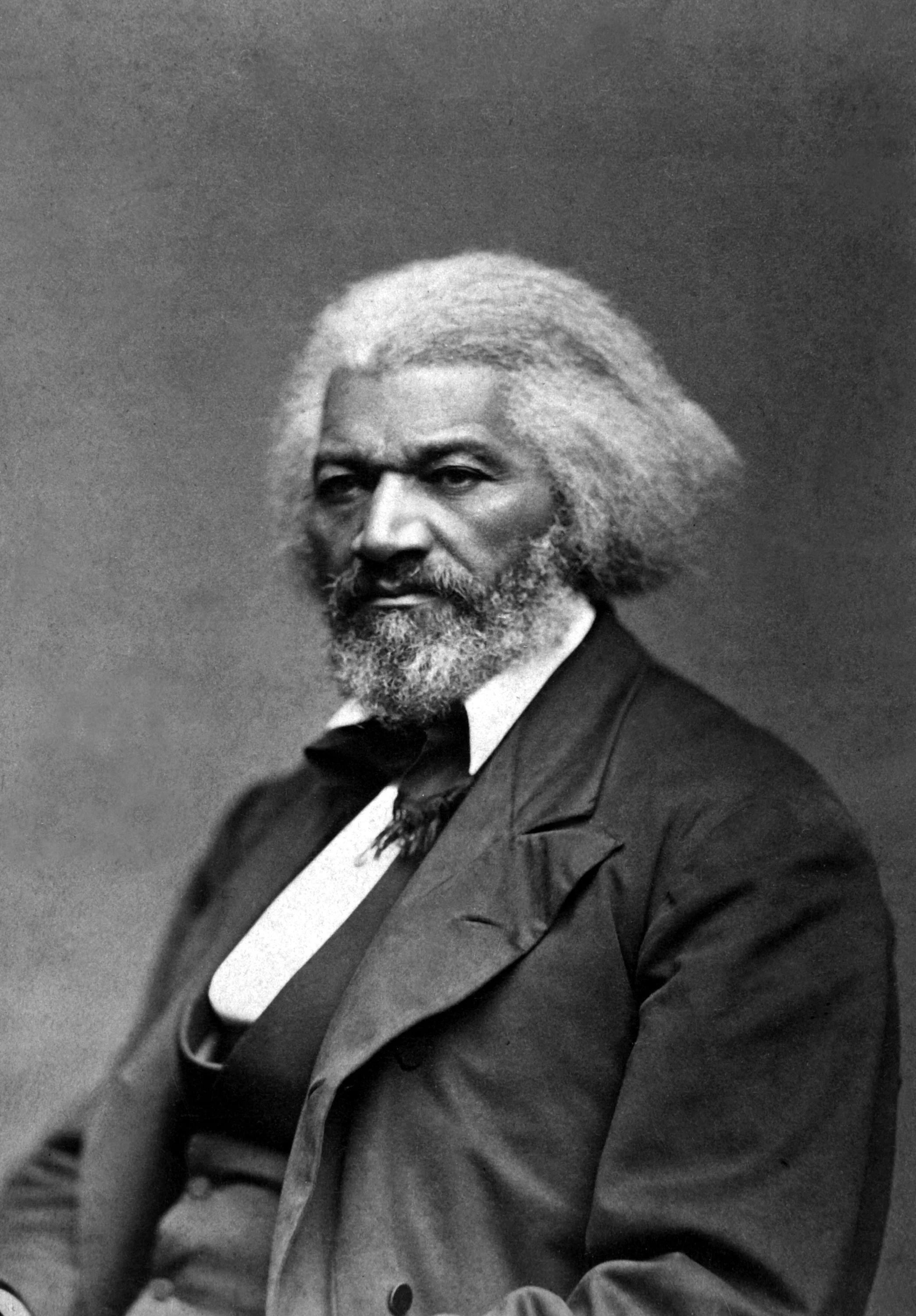This February we are called to think deeply about why Mr. Carter G. Woodson pioneered the celebration of "Negro History Week" in 1926. It is telling. He noted that Black American contributions "were overlooked, ignored and even suppressed by the writers of history of text books and the teachers who use them." Race prejudice, he concluded, "is merely the logical result of tradition," the tradition of the United States of America. In 1933, Mr. Woodson wrote his famous book, The Miseducation of the Negro, which some might say could be renamed The Miseducation of the Citizens of the United States of America. World renowned actor, Morgan Freeman, similarly stated, " I don't want a Black History Month. Black History is American History."
It is interesting to note that this commemorative time was chosen during the second week in February of 1926, to coincide with the marking of the birthdays of Frederick Douglas and Abraham Lincoln. Black History week was designated by Congress to honor the contributions of Black Americans in the development of the United States of America to become a country that works for everyone. The honoring of Black History Week was acknowledged and later it was extended to the full month of February, the shortest month in our calendar year.
It has been over 90 years since the establishment of Black History Week and as you can see we still have much work to do to honor the contributions of all citizens, regardless of color, creed, religion, or language. Learning about the contributions of people of color is the first step in opening up our minds to the histories that have been denied to the world.

